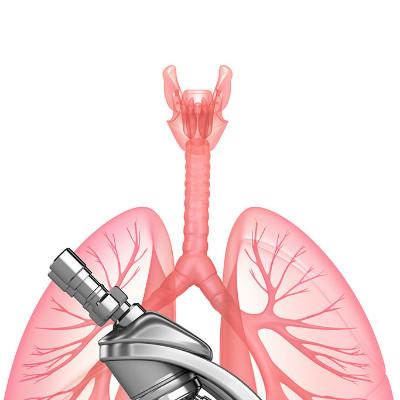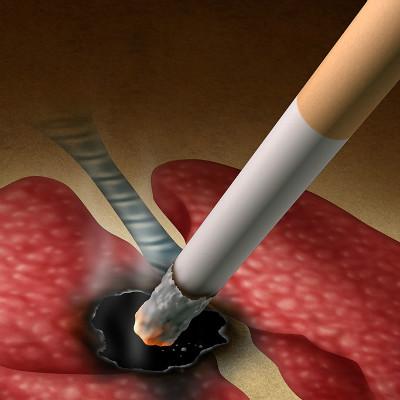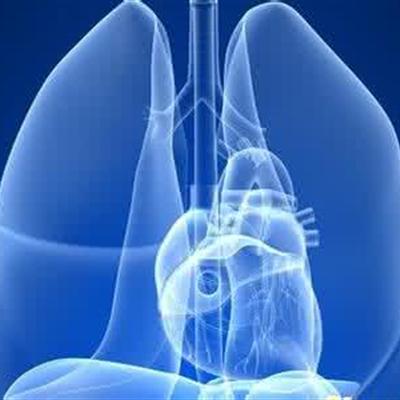How is lung rale to return a responsibility?
summary
With more and more clinical auxiliary examinations, doctors are less and less likely to take stethoscope, which is not a good thing. As a respiratory doctor, the most powerful weapon is stethoscope, so we should make full use of it. Now let's share what's going on with the pulmonary rales? The knowledge of.
How is lung rale to return a responsibility?
First: when inhaled, the air passes through the secretions in the respiratory tract, such as exudate, sputum, blood, mucus, pus, etc., forming the sound of blister rupture, so it is also called blister sound. According to the sound intensity of rales, it can be divided into loud and non loud, and according to the size of respiratory cavity and the amount of exudate, it can be divided into thick, medium, fine moist rales and twist sounds. The following describes the common diseases and characteristics of moist rales.

Second: it must be noted that not all pneumonia patients will have rales! The same pneumonia patients, not the whole course of disease will have rales! This is what my superior doctors taught me before. Although it's not profound, it's good advice for me at the beginning. If the secretions of pneumonia patients are few and retain in the alveolar cavity, there will be no rales when inhaled, but if the patient has * coughs, the secretions may be discharged into the bronchi, and auscultation will have inspiratory rales. In typical Streptococcus pneumoniae pneumonia, rales are not heard during the hyperemia period, and moist rales are only heard during the dissipation period.

Third: because the local drainage bronchial obstruction, no air flow through, so the local can not hear the moist rale. Don't think that you will definitely hear moist rales as soon as you see the word "pneumonia".

matters needing attention
Generally speaking, stethoscope is very important for respiratory doctors (should say any doctor). This basic skill can not be ignored because of the appearance of many auxiliary examinations. The author has not done enough in this aspect, and needs to continue to study hard.













